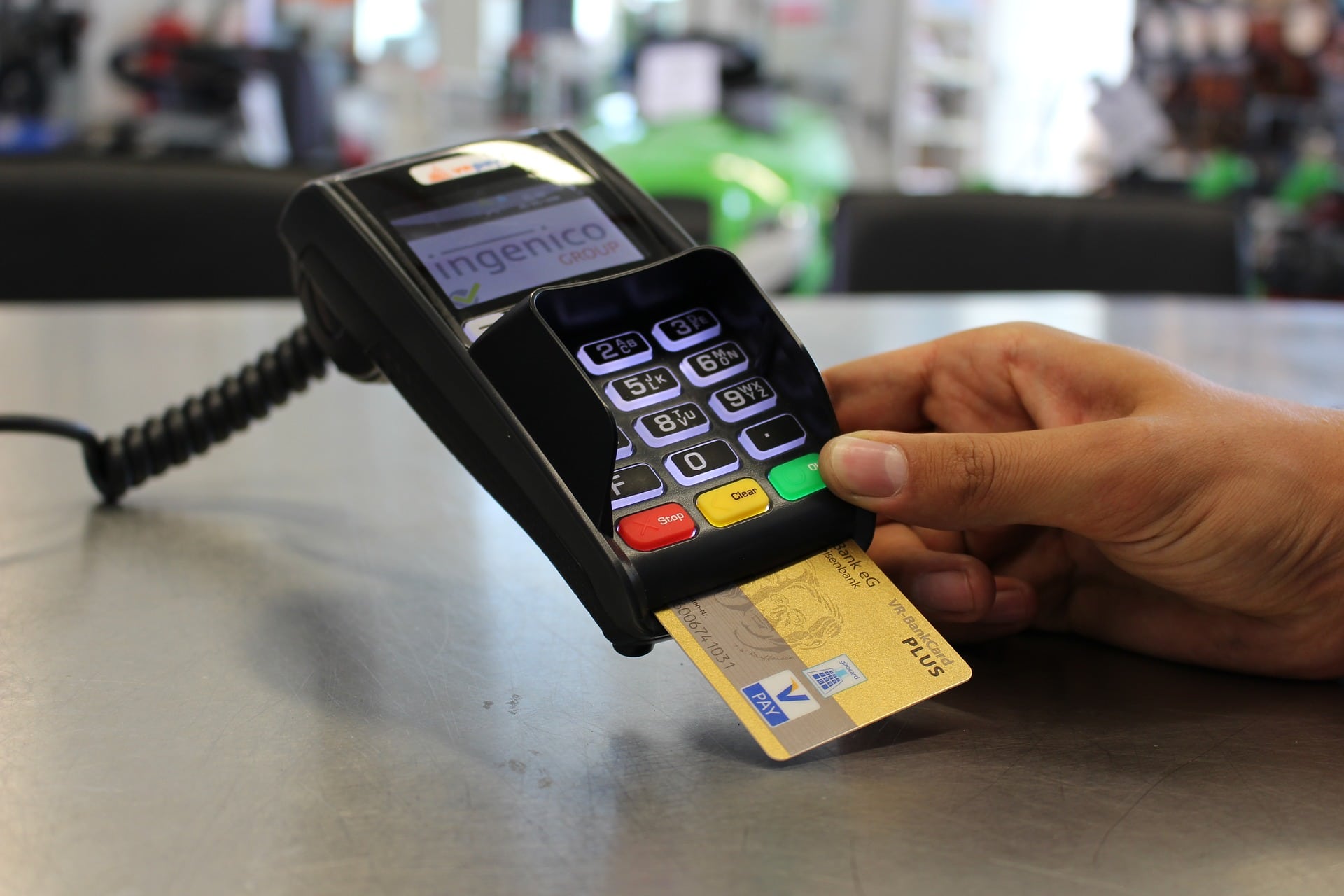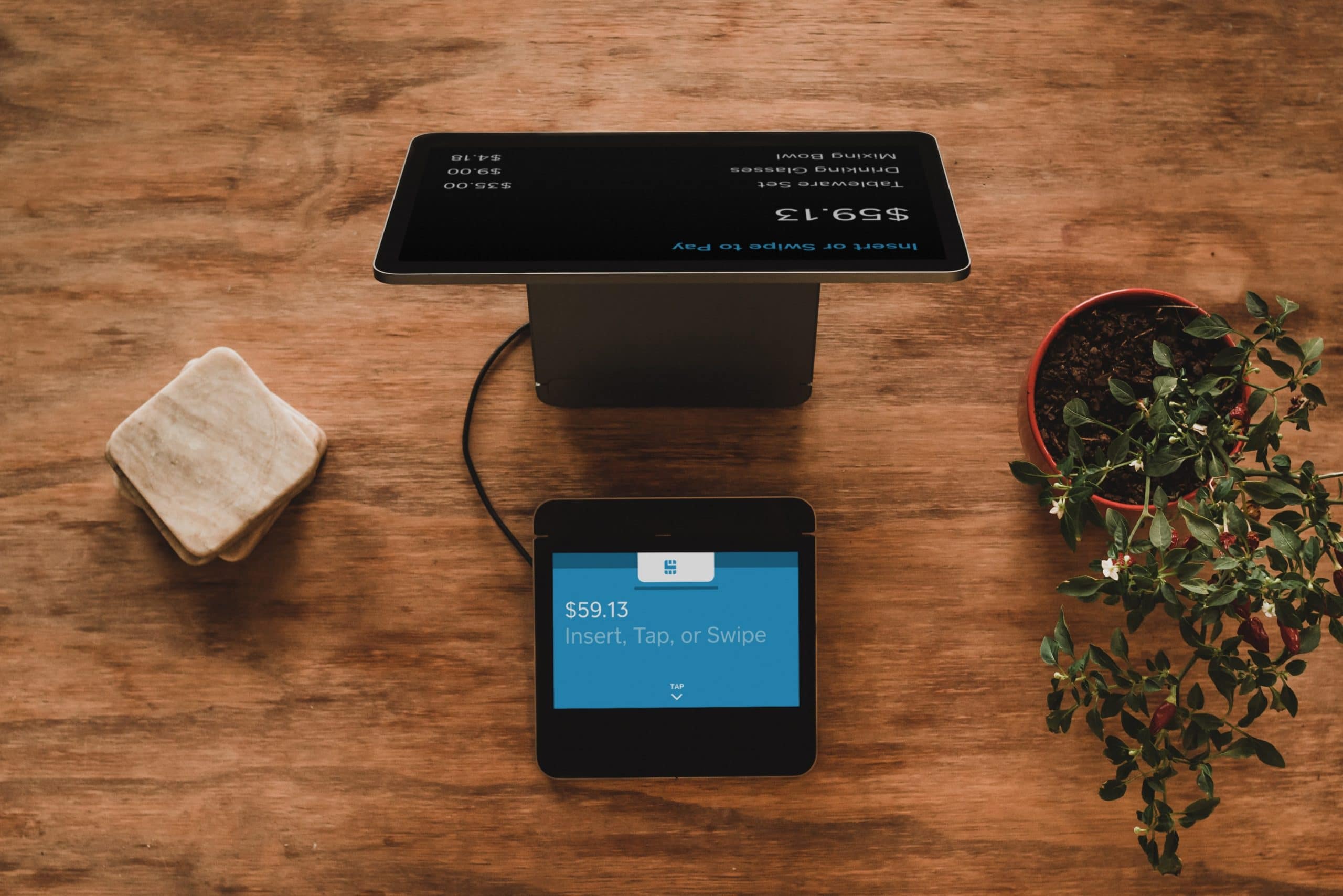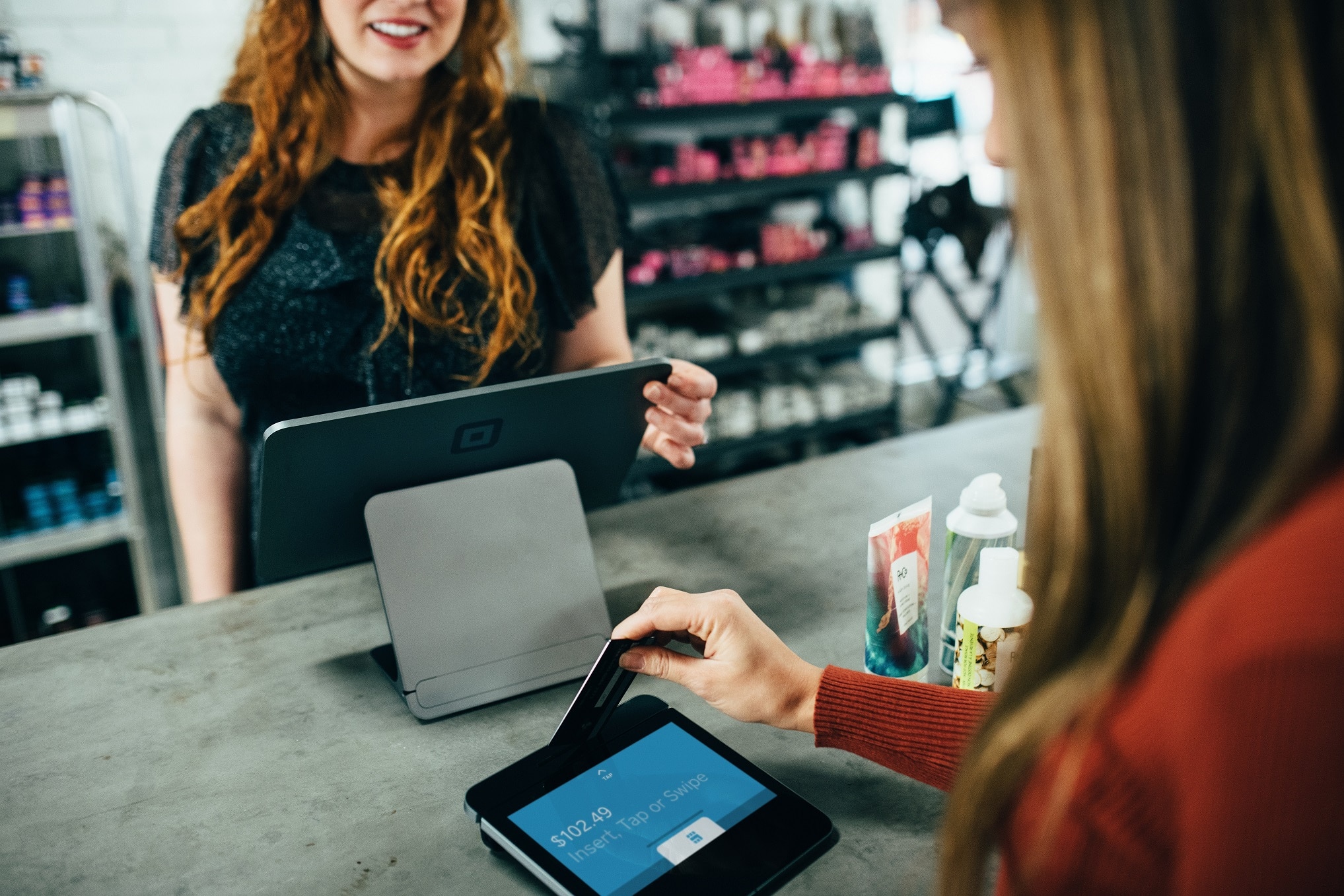Being able to accept credit and debit card payments from customers as a payment method is vital for any small business in today’s market. But how do you, as a UK business owner, do this in a way that is both efficient and cost-effective ? Here we’ll examine how any small business – self-employed or otherwise – can successfully implement a card payment process at their point of sale (POS), from choosing the right card reader to securely authorising payments.
POS Credit Card Machines For Small Businesses
Small businesses can choose from a range of options when it comes to card machines for their POS, each with features that suit some types of businesses more than others.
– Wireless Card Machines
Wireless card machines are a popular choice for hospitality establishments (or any retail business with a fixed premises), where accepting payments at different locations is vital to the smooth running of a business. Restaurants and bars, for instance, often use these devices as a POS (including for tips and split tenders) at tables or on the move, connecting via Bluetooth or Wi-Fi to a base unit.
The space-saving nature of these card machines is a plus for any small-scale business. Instead of using a large POS machine, with features usually obsolete for a small establishment, that extra space can be put to better use. Furthermore, the latest devices can accept a range of payments methods, from Apple Pay to Chip and Pin.
– Virtual POS Terminals
Virtual POS terminals allow businesses (professional services, catering companies, etc.) to accept card payments remotely – often over the phone, through mail order or online. Customers needn’t be there to validate a payment at POS, and there are no card machines required; all a business must have to accept payments is a device – a laptop, for example – and an online connection.
The virtual POS terminal is simply a piece of software you can access within a web page after registering with a payment provider – there are many to choose from. While this is a low-cost, straightforward solution, the nature of this payment method requires that businesses input customer details manually, which can be time consuming and less secure than card readers.
– Smartphone Card Machines
Nowadays, smartphone card machines offer a cheaper POS alternative for businesses that trade in multiple locations – roaming vendors, for instance. A range of payment providers have designed apps that you can download to your phone to process payments quickly, with an intuitive POS interface and useful features, including a choice of where to send receipts (email or SMS) and options to add notes to specific orders.
The card readers for these smartphone machines fit into a USB slot or connect via Bluetooth, allowing customers to pay with no fuss by debit or credit card. Also, many of the latest wireless machines have supported add-ons, such as receipt printers, barcode scanners and stands, which make them even more convenient for taking payments on the go or at the counter.
Small Business Credit Card Devices: The Costs
Once you’ve chosen which type of payment solution suits your business best, it’s time to consider the merits of each product and the costs involved.
– Smartphone Card Machines
The top providers of smartphone card machines in the UK are iZettle, SumUp, Square and PayPal Here. Currently, iZettle and SumUp are the most competitive smartphone and tablet options in terms of transaction fees and the initial cost of the POS machine(s), and there are no setup fees. However, SumUp can only offer a single card reader and associated account, so this option is more suited to sole merchants.
Meanwhile, PayPal Here is ideal for those who already have their business integrated with PayPal, where you can manage online and offline payments in one place. For more complex POS operations that include data analytics, multiple accounts and managing inventory, Square and iZettle are the best options.
– Virtual POS Terminals
With a virtual POS terminal, not having the customer in front of you paying with their card is seen by card companies as more of a risk. Transaction costs, therefore, tend to be higher than those processed at card readers, although small-scale traders benefit from a lot of choice. There’s Square’s hassle-free option, ideal for small entrepreneurs; PayPal’s terminal for online traders; and SumUp’s plan that long-term users will find convenient.
How to Accept Credit Card Payments Securely
Where the money goes once it’s been processed is a vital aspect in securing and authorising a payment. Let’s take a look at the last two parts of the process.
– What is a Merchant Account?
The money you generate will initially be held in a merchant account set-up by your bank or payment provider. This is a ring-fenced account that is necessary to have when you want to take debit or credit card payments, and the money for a transaction will sit in this account until the payment has been authorised by the payment gateway.
– How a Payment Gateway Works
In order to keep the process of receiving credit and debit card payments secure, your bank or payment provider will also set-up a payment gateway, which facilitates the transfer of important transaction details between the bank or payment provider, the merchant and the card holder. Once a transaction has been authorised, the merchant can then fulfil the order.
Credit Card Payments at Small Businesses
As you can see, there is a variety of POS options available for small businesses looking to accept card payments, starting with small merchants wanting to utilise their smartphones right through to the multi-user wireless credit card machines often seen at restaurants throughout the UK. Use this guide to find your perfect and secure POS solution.


